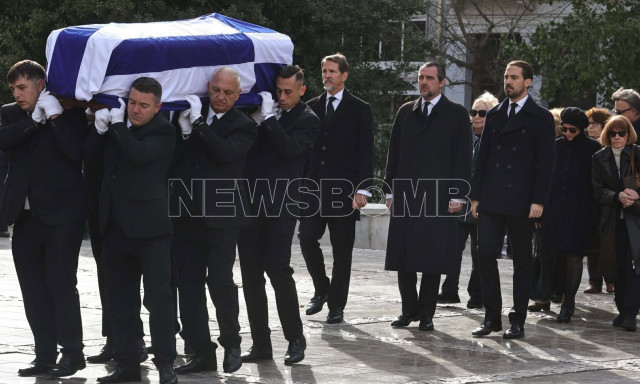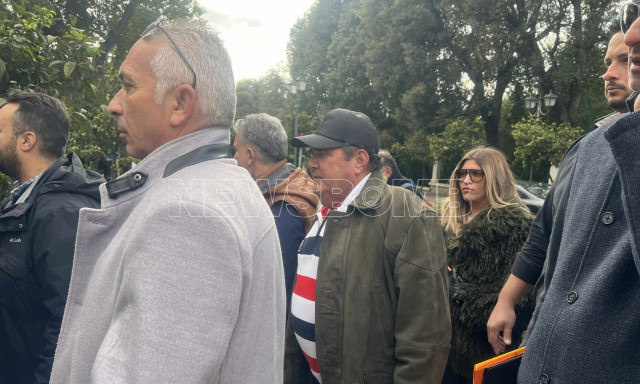Amphipolis: Is Hephaestion the possible 'occupant' of the tomb?
The Associate Professor of Department of History and Archaeology, in University of Cyprus, Theodore Mavrogiannis expressed the theory that the Casta Tomb is Macedonian tomb and was built around 325 BC. by order of Alexander for Hephaestion.

Mr. Mavrogiannis in his work on "The Tomb of Amphipolis: check of the facts and the sources of the period 324-294 BC.", presented the facts which can imply that in the tomb in Amphipolis is buried Hephaistion. He spoke for his theory on the morning show of ANT1 TV.
The lecture was aimed to illuminate aspects of the excavations, "always with the due respect to the excavation work carried out by archaeologist of the 28th Antiquities, Katerina Peristeri and her team," as said the professor, who noted that the kings of Cyprus, gave their fleet to the great Macedonian.
Mr. Mavrogiannis supported, through the perspective of the History of Hellenistic Period, that the Casta Tomb in Amphipolis is a Macedonian tomb and was built on the 325 BC. bespoke of Alexander for Hephaestion. He noted that the diversity of history and archeology is making it difficult to answer the critical questions posed about the Tomb.
The presentation focused on events in the years 325-320 BC, starting with a successful return of the fleet of Alexander from India, by Nearchus, at the mouth of the river Tigris (early 324 BC) and the decision of Opid for discharge. Continued with the sudden death of Hephaestion, in October 324 BC, in Ecbatana and culminated with the death of Alexander himself on 13 June 323 BC in Babylon and the burial in Egypt, initially to Memphis and then to Alexandria, finally in the mausoleum of the palace.
Then, were examined three dramatic incidents, motivated by the succession of the reign of Alexander: The murder of 'King' of Arrhidaios Philip III and his wife Eurydice by the command of Olympias in 317 BC, the murder of Olympias by Cassander in 316 BC and finally the murder of Roxanne, widow of Alexander, and the 12-13 years age child "king" Alexander IV, also by decision of Cassander. The latter crime allegedly took place in the citadel of Amphipolis in 310/309 BC, where mother and son were put under strict limit from 316 BC. Was also examined the death of Antigonus who died in 301 BC and was proclaimed king with his son Demetrius in 306 BC, after the Battle of Salamis, in Cyprus.
























